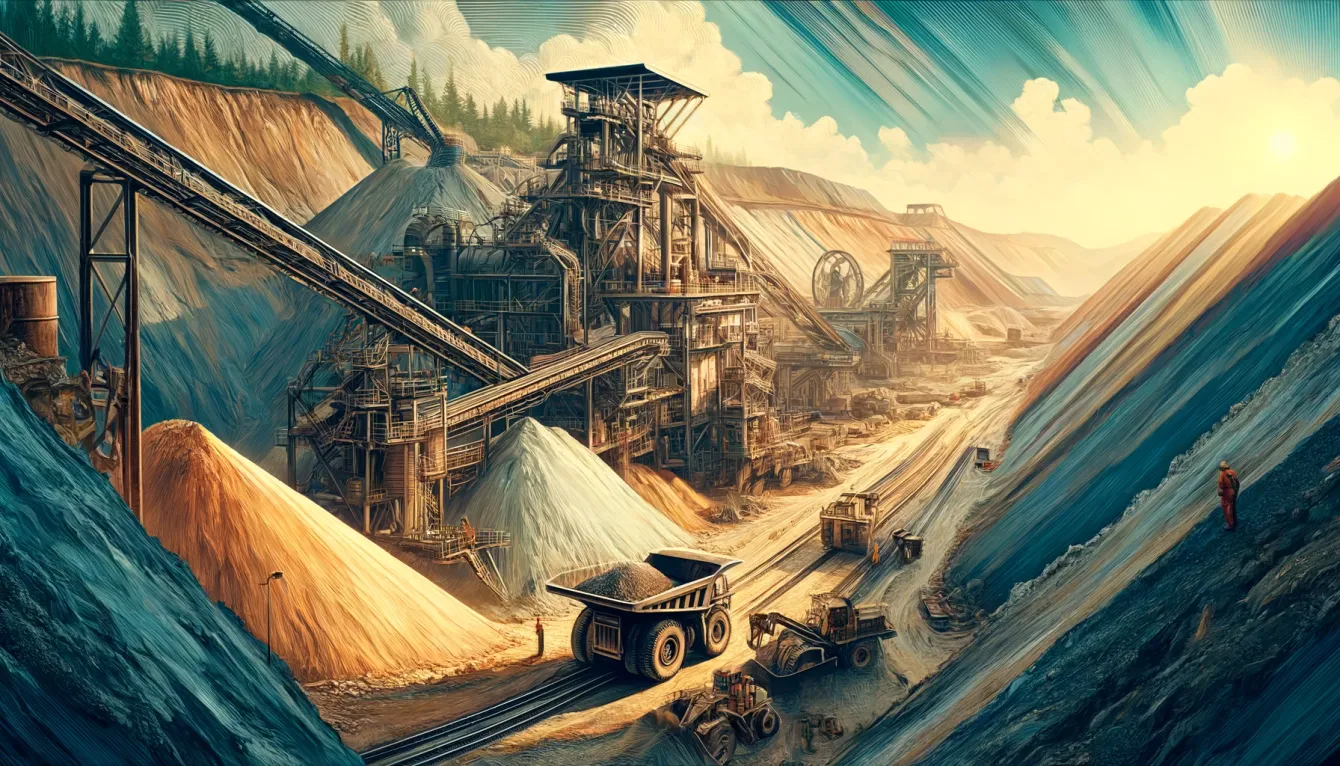Indonesia’s nickel reserves are sufficient for expanded processing operations, an investment ministry official said on Wednesday, amid calls from a miners’ group to curb construction of new smelters to ease a global glut.
Indonesia banned exports of nickel ore in 2020 to encourage domestic value addition, resulting in massive investment to produce nickel pig iron (NPI) and material for electric vehicle batteries.
High-grade nickel reserves will last until 2035, with low-grade nickel supply sufficient until at least 2069, Mohamad Faizal, the ministry’s director for downstream strategic investment, told a conference in Jakarta, the capital.
Indonesia’s high-grade 1.7% nickel ore is used mainly to produce NPI, a feedstock for stainless steel, with EV batteries using the lower grade nickel.
“These show potential for further expansion in both stainless steel and high-pressure leaching acid plants,” Faizal told participants in the conference organized by consultancy Mysteel, referring to extraction of material for batteries.
The reserves are sufficient to place Indonesia among the top five EV battery producers and top two stainless steel makers by 2040, he said. The southeast Asian nation’s first EV battery plant is set to finish construction this year.
Faizal added that smelters can continue to be built if they produced different types of products.
Indonesia was blamed for a drop of 45% last year in nickel prices, due to oversupply, which is squeezing producers in Australia and elsewhere.
The Indonesia Nickel Miners Association (APNI) has urged the government to impose a moratorium on new pyrometallurgy plants to extend the lifetime of high-grade reserves, its secretary-general, Meidy Katrin Lengkey, told the same conference.
Indonesia’s high-grade ore reserves may be depleted in about six years, APNI warned last year.
“We need to stop it … But maybe we need to wait for the new government,” she said on Wednesday, adding that domestic processing ore consumption will rise 34% this year.
A senior campaign official with president-elect Prabowo Subianto said he had proposed a moratorium for new smelters to the incoming president, but no decision has been made yet.
Indonesia can increase reserves by exploring for new resources, although that is complicated as most potential mines are located in areas designated as forest, Lengkey said.
(By Fransiska Nangoy; Editing by Michael Perry and Clarence Fernandez)
